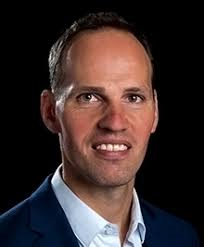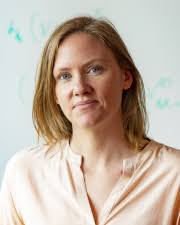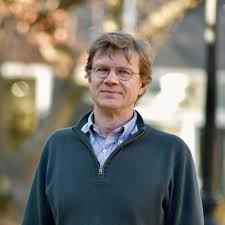4th QSC General Assembly - online
Johannes Borregaard (QuTech, Delft) and David Elkouss Coronas (QuTech, Delft) are organizing a Scientific Programme for this fourth General Assembly. This assembly will be fully online.




On wednesday November 18, 2020, we will be organizing the fourth QSC General Assembly. Please register here before November 18 (below the abstracts, click on Apply), so we can send you a link.
Programme:
Morning chair: David Elkouss (QuTech, Delft)
09:45 - 10:15 Ronald Hanson (QuTech, Delft) - Quantum software (and hardware) developments in Delft
10:15 - 10:45 Introduction Junior Staff 2017/2018:
10:47 - 11:05 Joint activity brainstorm
11:05 - 11:30 Coffee break with zoom poll
11:30 - 12:00 Lisa Kohl (CWI, Amsterdam) -
Efficient Pseudorandom Correlation Generators from Ring Learning Parity with Noise.
12:00 - 13:30 Lunch @ home with a social event
Afternoon chair: Johannes Borregaard (QuTech, Delft)
13:30 - 14:00 Stacey Jeffery (QuSoft, Amsterdam) - A Unified Framework for Quantum Walk Search.
14:00 - 14:45 Introduction Senior Staff:
14:01-14:09 – Wolfgang Loeffler (LION, Leiden)
14:10-14:18 – Arghavan Safavi (IoP, Amsterdam)
14:19-14:27 – Vedran Dunjko (LIACS, Leiden)
14:28-14:36 – Johannes Borregaard (QuTech, Delft)
14:37-14:45 – Peter Bruin (MI, Leiden)
14:45 - 15:00 Tea break with zoom poll
15:00 - 15:45 Mikhail Lukin (Harvard, USA) -
15:45 - 16:00 Closure with announcement of the winners of the social event plus best intro juniors.
Abstract: Ronald Hanson (QuTech, Delft) - Quantum software (and hardware) developments in Delft
The quantum software consortium is tasked with the development of quantum software that has an impact on real-world technology. In particular, this requires a strong synergy between theory and experiment. In this presentation, I will present an update on the progress at the joint theory-experiment work in the Delft node with an emphasis on software for quantum networks, our experimental efforts on realizing multi-node networks in the lab and our work towards building a quantum internet demonstrator.
Abstract: Lisa Kohl (CWI, Amsterdam) -
Efficient Pseudorandom Correlation Generators from Ring Learning Parity with Noise.
Secure computation allows two or more parties to jointly evaluate a function on their inputs without revealing anything beyond the function output. In addition to being practical, protocols for secure computation should be hard to break even with a quantum computer, so as to provide long-term security guarantees for potentially privacy-critical input data. Towards this goal, input-independent correlated randomness enables a lightweight “information-theoretic” online phase once the inputs are known, guaranteeing security even against a dishonest majority. However, securely generating this correlated randomness typically involves a large amount of communication and storage.A natural tool to overcome those limitations is a pseudorandom correlation generator (PCG). A PCG is a deterministic function that stretches short correlated seeds into long instances of the target correlation, thereby allowing the parties to generate correlated randomness using a cheap, one-time interaction followed only by "silent" local computation.In this talk, I will introduce the concept of PCGs and show how to construct efficient (classical) PCGs for useful correlations based on different flavors of the ring learning parity with noise assumption, which are not known to be broken by quantum algorithms. This talk is based on joint work with Elette Boyle, Geoffroy Couteau, Niv Gilboa, Yuval Ishai and Peter Scholl.
Abstract: Stacey Jeffery (QuSoft, Amsterdam) - A Unified Framework for Quantum Walk Search
We present a new quantum walk search framework that unifies and strengthens these frameworks. This leads to a number of new results. For instance, the new framework not only detects, but finds marked elements in the electric network setting. The new framework also allows one to interpolate between the hitting time framework, which minimizes the number of walk steps, and the MNRS framework, which minimizes the number of times elements are checked for being marked. This allows for a more natural tradeoff between resources. Whereas the original frameworks only rely on quantum walks and phase estimation, our new algorithm makes use of a technique called quantum fast-forwarding, similar to the recent results by Ambainis et al. As a final result we show how in certain cases we can simplify this more involved algorithm to merely applying the quantum walk operator some number of times. This is joint work with Simon Apers and András Gilyén.
